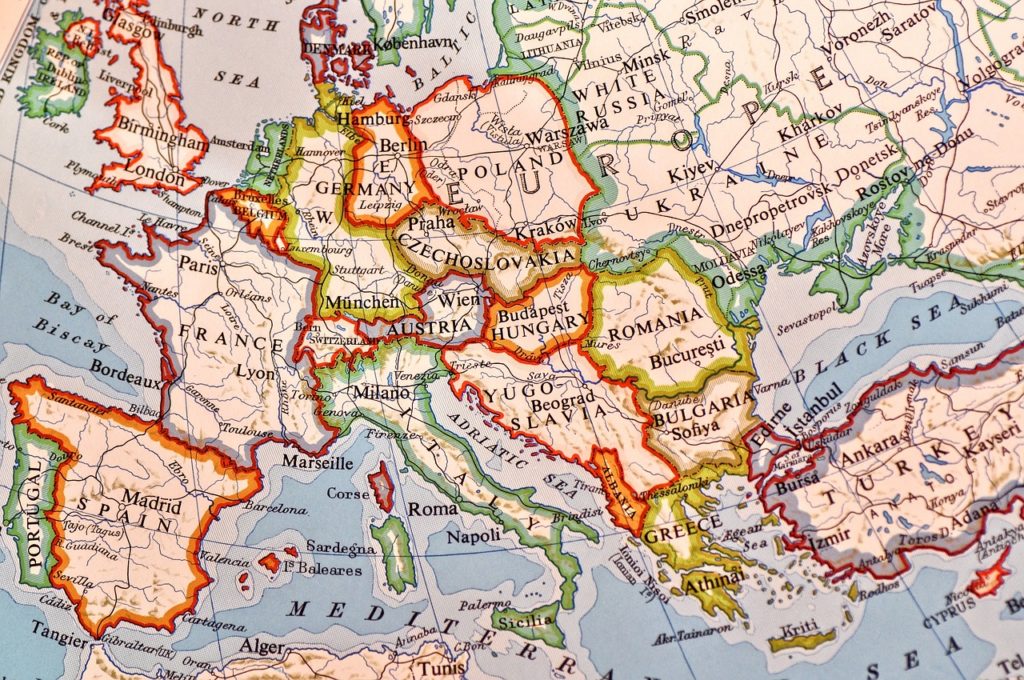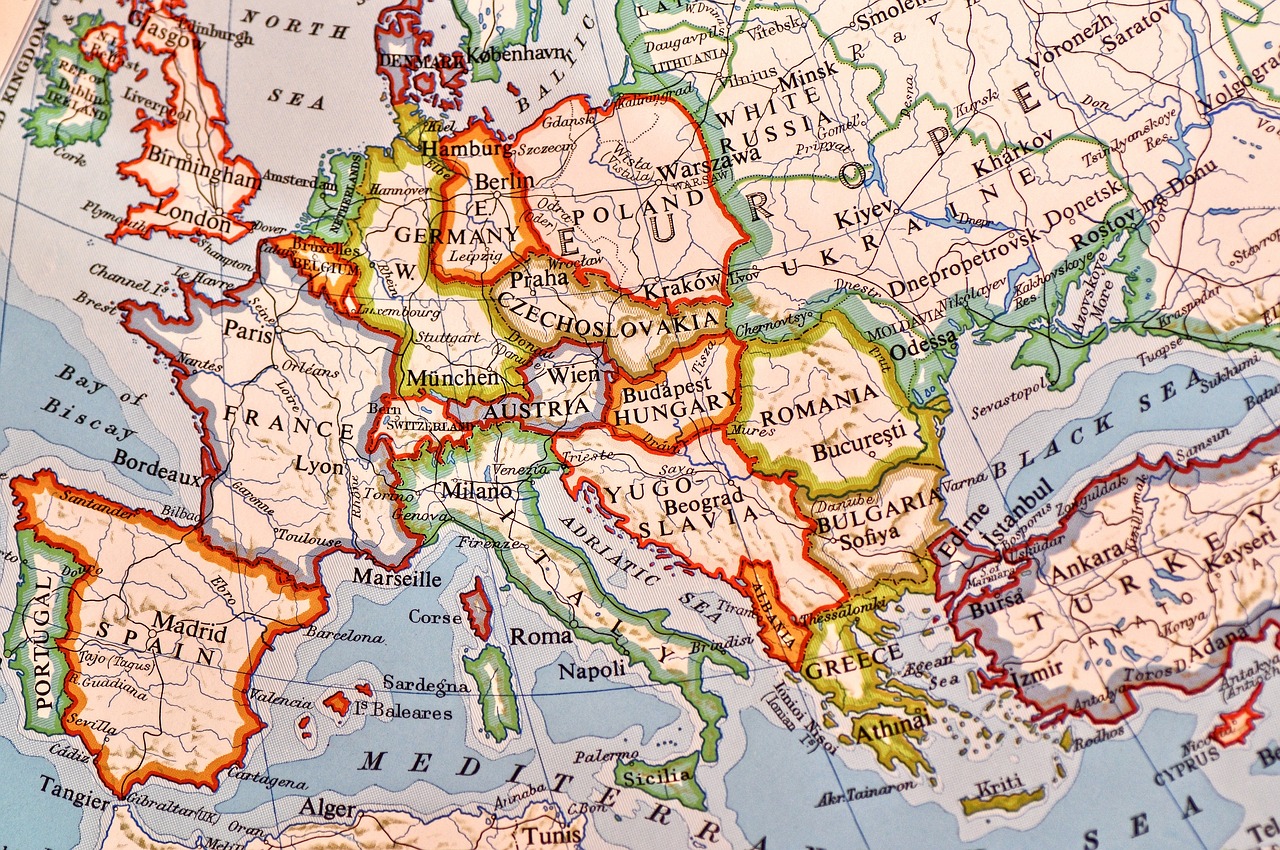
Coffee is more than just a beverage; it’s a global phenomenon that connects people across different cultures. Each country has its unique way of preparing, serving, and enjoying coffee, reflecting its history, traditions, and social dynamics. In this blog post, we will embark on a journey to explore various coffee cultures around the world, from the bustling streets of Italy to the serene tea houses of Japan.
1. Italy: Espresso and the Art of Coffee
Italy is synonymous with espresso, a strong, concentrated coffee that is the cornerstone of Italian coffee culture. The Italian approach to coffee is rooted in simplicity and quality, emphasizing the importance of savoring each sip.
Espresso: The Heart of Italian Coffee
Espresso is the foundation of many Italian coffee drinks, including cappuccino, latte, and macchiato. Italians typically enjoy espresso shots quickly, often standing at a bar. The preparation involves forcing hot water through finely-ground coffee, resulting in a thick, rich brew with a golden crema on top.
Cultural Significance
In Italy, coffee is more than a drink; it’s a social ritual. Italians start their day with a cappuccino or macchiato, but after 11 AM, they switch to espresso to avoid milk-based drinks. Coffee bars are social hubs where friends meet, business deals are struck, and daily life unfolds.
2. Turkey: Tradition in Every Cup
Turkish coffee is renowned for its unique preparation and deep cultural significance. It is not merely a drink but a symbol of hospitality, tradition, and social interaction.
Preparation and Serving
Turkish coffee is made by boiling finely ground coffee beans with water and sugar in a special pot called a cezve. The mixture is poured into small cups, allowing the grounds to settle at the bottom. The result is a strong, unfiltered coffee with a robust flavor.
Cultural Practices
Turkish coffee is often accompanied by sweets and enjoyed in leisurely social settings. It is also central to various cultural rituals, such as fortune-telling with coffee grounds and traditional engagements, where a prospective bride serves coffee to her future in-laws.
3. Japan: Harmony and Precision
While Japan is traditionally a tea-drinking nation, its coffee culture is growing and evolving, blending Japanese precision and aesthetics with Western influences.
Kissaten: Traditional Coffee Houses
Kissaten are traditional Japanese coffee houses that offer a unique coffee experience. These establishments focus on meticulous brewing methods, such as siphon brewing, which creates a delicate and refined cup of coffee.
Modern Coffee Trends
Japan’s modern coffee culture includes a growing number of specialty coffee shops and a keen interest in single-origin beans and innovative brewing techniques. Coffee in Japan is often enjoyed in serene, minimalist settings that encourage mindfulness and relaxation.
4. Ethiopia: The Birthplace of Coffee
Ethiopia is considered the birthplace of coffee, with a rich history and deep cultural connection to the beverage. Ethiopian coffee culture is characterized by its traditional coffee ceremony, which is a symbol of hospitality and community.
The Coffee Ceremony
The Ethiopian coffee ceremony is a lengthy and intricate process that involves roasting raw coffee beans, grinding them by hand, and brewing them in a special pot called a jebena. The coffee is served in small cups, often accompanied by snacks such as popcorn or bread.
Cultural Importance
The coffee ceremony is a time-honored tradition that brings people together. It is performed during social gatherings, holidays, and important life events, reflecting the Ethiopian values of hospitality, respect, and community.
5. Brazil: The Coffee Powerhouse
Brazil is the world’s largest coffee producer, and its coffee culture is deeply embedded in daily life. Brazilian coffee is known for its diverse flavors and high quality, with a strong emphasis on both traditional and modern coffee practices.
Cafezinho: A National Staple
Cafezinho, meaning “little coffee,” is a small, strong coffee that is typically served black and sweetened. It is a ubiquitous part of Brazilian hospitality, often offered to guests as a sign of welcome and friendship.
Coffee Farming and Festivals
Coffee farming is a significant part of Brazil’s economy and cultural identity. The country hosts numerous coffee festivals and events that celebrate its coffee heritage, showcasing the diversity and richness of Brazilian coffee.
6. France: Cafés and Conversation
In France, coffee is an integral part of the café culture, where people gather to socialize, relax, and enjoy the ambiance of charming coffee shops.
Café Culture
French cafés are known for their relaxed atmosphere, where patrons can spend hours sipping coffee, reading, or engaging in conversation. Popular coffee drinks include café au lait, made with equal parts coffee and steamed milk, and café noir, a simple black coffee.
Cultural Practices
Coffee in France is often enjoyed slowly, with an emphasis on savoring the experience. Cafés play a vital role in French social life, serving as meeting places for friends, artists, and intellectuals.
7. Vietnam: Unique Flavors and Techniques
Vietnamese coffee culture is distinct, characterized by its strong, bold flavors and unique preparation methods.
Vietnamese Iced Coffee (Cà Phê Sữa Đá)
Vietnamese iced coffee, or cà phê sữa đá, is a popular drink made with strong, dark roast coffee brewed using a drip filter called a phin. The coffee is mixed with sweetened condensed milk and poured over ice, creating a rich and refreshing beverage.
Egg Coffee (Cà Phê Trứng)
Egg coffee is a specialty in Hanoi, where whipped egg yolk is combined with coffee and sweetened condensed milk to create a creamy, dessert-like drink. This unique coffee reflects the ingenuity and creativity of Vietnamese coffee culture.
Exploring different coffee cultures around the world reveals the diverse ways in which this beloved beverage is enjoyed and celebrated. From the espresso bars of Italy to the coffee ceremonies of Ethiopia, each culture brings its own traditions, flavors, and rituals to the world of coffee. By appreciating these unique coffee experiences, we gain a deeper understanding of how coffee connects us across cultures, providing a shared moment of warmth and community.



